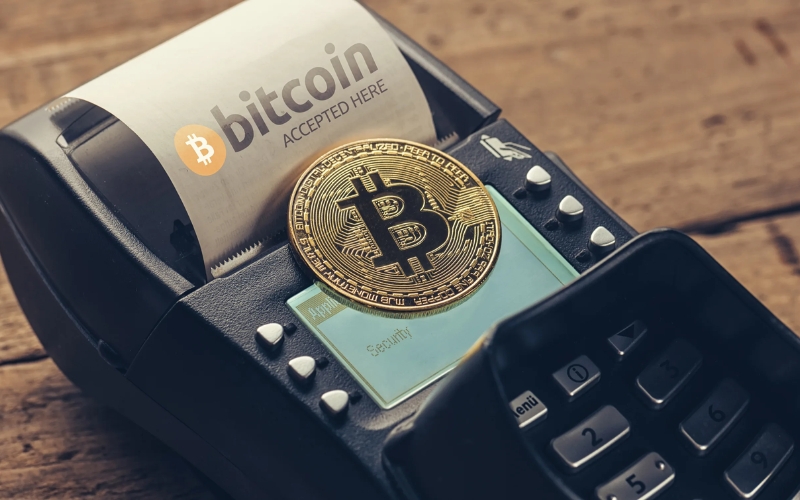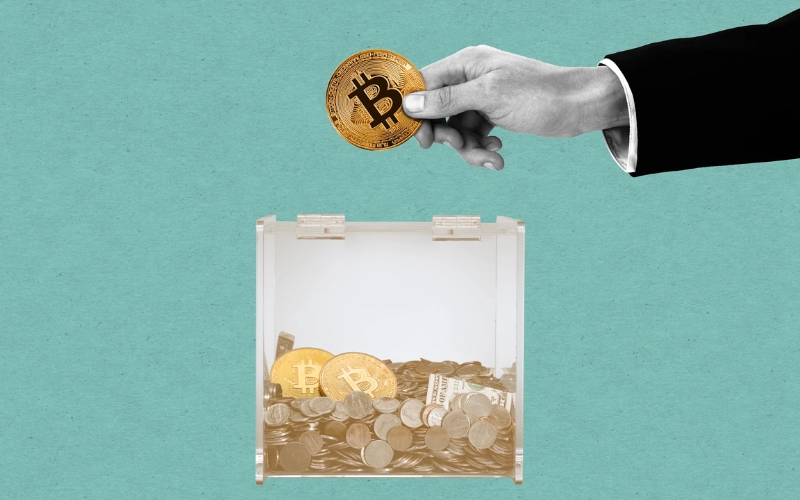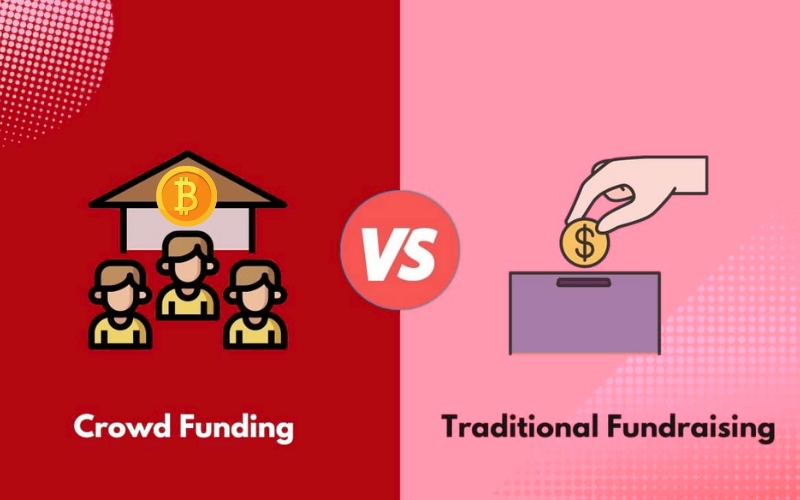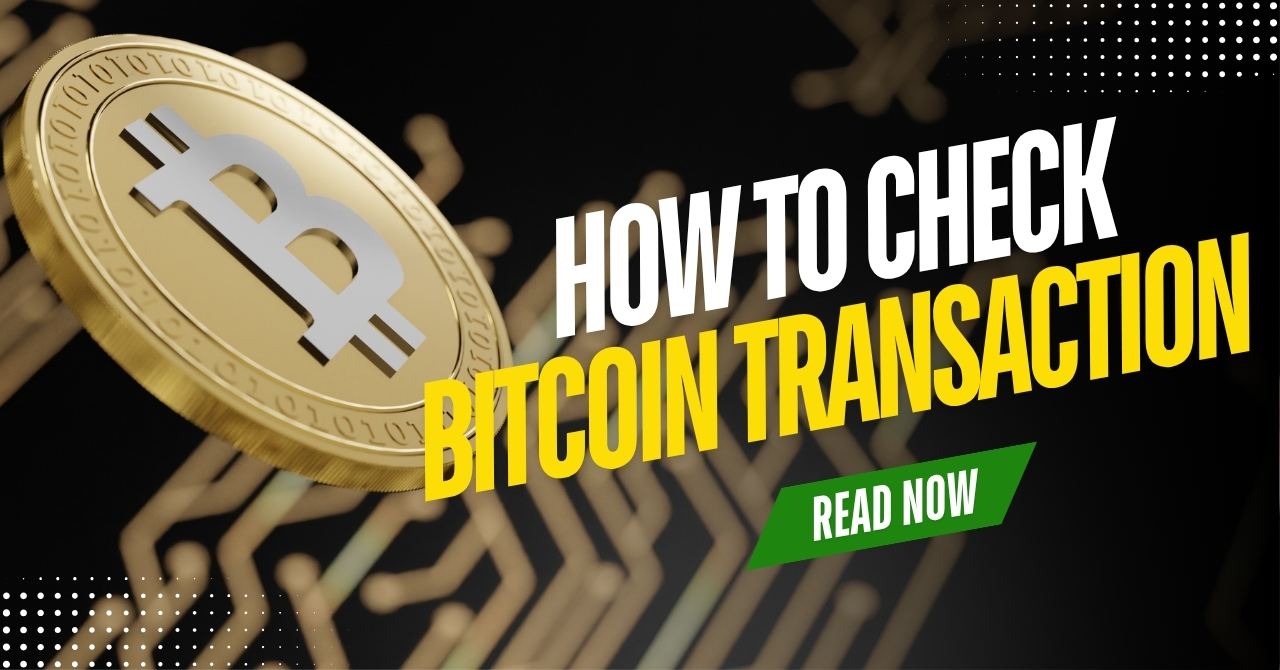Since its inception in 2009, Bitcoin (BTC) has captivated the world, evolving from a niche digital curiosity into a globally recognized asset. As the pioneering cryptocurrency, it has sparked countless discussions about the future of finance and digital ownership. However, beyond the price charts and media buzz, many people still wonder: What do you use Bitcoins for in everyday life and practical scenarios? This article on VN-US trade aims to demystify Bitcoin by exploring its diverse uses of Bitcoin, shedding light on how this digital currency is being utilized in the real world, moving beyond mere speculation.
1. Understanding Bitcoin’s core functions before exploring its uses
Before diving into the specific applications, it’s helpful to briefly understand what Bitcoin is and its core characteristics that enable its various uses. Bitcoin is a digital currency that functions without a central governing body such as a bank or government. Transactions are recorded on a public, distributed ledger called the blockchain, making them transparent and immutable.

Key characteristics relevant to its uses include:
- Decentralization: No single entity controls it, offering resistance to censorship.
- peer-to-peer: Transactions happen directly between individuals.
- Global: Bitcoin can be sent and received from anywhere in the world as long as there is an internet connection.
- Transparency (Pseudonymous): While transactions are public, user identities are not directly tied to them unless disclosed.
- Limited Supply: Only 21 million bitcoins will ever be created, a factor contributing to its “digital gold” narrative.
These foundational aspects pave the way for today’s diverse bitcoin applications.
2. Top ways people use Bitcoin today
While adoption is still growing, Bitcoin has found utility in several key areas. Here’s a breakdown of what you use Bitcoins for:
2.1. Transactions and payments
One of the original intended uses of Bitcoin was as a “peer-to-peer electronic cash system.”

- What can I buy with Bitcoin?
- Online Goods and Services: A growing number of online merchants, particularly in tech, e-commerce, and digital services (like VPNs, web hosting, software), accept Bitcoin. You can also buy gift cards for popular retailers using Bitcoin through various platforms.
- Direct Merchant Payments: Some brick-and-mortar businesses are starting to accept Bitcoin, though this is less common than online.
- International Money Transfers:
- Bitcoin can facilitate cross-border payments, potentially faster and with lower fees than traditional banking systems, especially for larger amounts or to regions with less developed banking infrastructure. It bypasses intermediaries, which can reduce costs and settlement times.
- Use Case Example: An individual working abroad can send Bitcoin to their family in another country, who can then convert it to local currency.
- Microtransactions: While network fees (gas fees) can sometimes make tiny payments uneconomical on the main Bitcoin network, technologies like the Lightning Network are being developed to enable fast and cheap microtransactions with Bitcoin.
Using Bitcoin for transactions has been a fascinating experience. I made a few purchases from online retailers that accept Bitcoin. The convenience of quick transactions without the need for traditional banking was refreshing. However, I did encounter some volatility in prices, which made me cautious about using it for everyday purchases.
2.2. Investment and store of value
For many, the primary answer to “What do you use Bitcoins for?” is investment.

- “Digital Gold” – Store of Value: Due to its finite supply and decentralized nature, some investors view Bitcoin as a store of value, similar to gold. They believe it can act as a hedge against inflation and currency devaluation, although this is a debated topic, and Bitcoin’s price is notably volatile.
- Long-Term Holding (HODLing): A popular strategy involves buying Bitcoin and holding it for the long term, with the expectation that its value will appreciate over time. This approach is less about frequent trading and more about belief in Bitcoin’s future potential.
- Trading and Speculation: Bitcoin is a highly traded asset on cryptocurrency exchanges. Traders aim to profit from its price volatility by buying low and selling high. It’s important to note that investing in bitcoin through active trading carries significant risk due to market fluctuations.
Investing in Bitcoin has been one of my most rewarding choices. I treated it as a long-term investment, and while the price fluctuations were stressful at times, the overall growth has been significant. This experience taught me the importance of researching and staying informed about market trends.
2.3. Availability of financial services
Bitcoin offers a pathway to financial services for individuals who are unbanked or underbanked.

- Global Access: In many parts of the world, access to traditional banking is limited. Bitcoin allows anyone with an internet connection and a smartphone to send, receive, and store value without needing a bank account.
- Empowerment in Unstable Economies: For people living in countries with high inflation, unstable local currencies, or strict capital controls, Bitcoin can offer an alternative means of preserving wealth and transacting globally.
I appreciated the idea of financial inclusivity that Bitcoin offers. I’ve recommended it to friends in regions with limited banking access, and it was rewarding to see them engage with financial services for the first time. This aspect of Bitcoin truly highlights its potential to empower individuals.
2.4. Charitable donations
I made a charitable donation using Bitcoin, which was seamless. The process was quick and transparent, and I felt good knowing that my contribution could reach the organization without hefty fees. However, I did verify the charity’s legitimacy beforehand, as the space can be fraught with scams.

The transparency and global reach of Bitcoin make it an attractive option for charitable giving.
- Transparency: Donations made via Bitcoin can be tracked on the public blockchain, offering a degree of transparency.
- Lower Overheads: Direct crypto donations can sometimes reduce processing fees compared to traditional methods, meaning more of the donation reaches the charity.
- Global Reach: Charities can receive donations from anywhere in the world easily. Several large non-profits now accept Bitcoin. These are significant real-world uses of Bitcoin.
2.5. Crowdfunding and fundraising
Similar to charitable donations, Bitcoin can be used for crowdfunding projects or causes. I participated in a crowdfunding campaign that accepted Bitcoin. It was exciting to support innovative projects while using a currency I believe in. The campaign creators appreciated the flexibility that Bitcoin provided, although navigating the legalities around fundraising was a bit complex.

- Borderless Contributions: Startups, artists, or community projects can raise funds from a global pool of supporters.
- Direct Support: It allows direct P2P support for initiatives without relying solely on traditional fundraising platforms that may have restrictions or higher fees.
2.6. Niche and emerging Bitcoin applications
Beyond the primary uses, other bitcoin use cases are emerging:

- Timestamping Documents: The immutability of the blockchain can be used to prove the existence of a document or data at a specific point in time.
- Gaming and Digital Collectibles (NFTs): While other blockchains (like Ethereum) are more dominant in the NFT space, Bitcoin can sometimes be used as a gateway currency to acquire these assets or participate in blockchain-based gaming economies. The development of Ordinals on Bitcoin has also opened up new possibilities for Bitcoin-native NFTs.
3. Benefits and considerations when using Bitcoin
While the uses of Bitcoin are expanding, it’s crucial to understand both its advantages and its current limitations.
3.1. Key benefits of using Bitcoin
Bitcoin offers many significant benefits, from transaction security to the ability to quickly transfer money globally. These features attract not only individuals but also businesses to adopt cryptocurrency.

- Decentralization: No single entity controls the network, making it resistant to censorship or single points of failure.
- Transparency: All transactions are recorded on the public blockchain, available for anyone to verify (though identities are pseudonymous).
- User Autonomy/Control: Users have full control over their funds if they manage their private keys securely.
- Potentially Lower Transaction Fees: In some cases, particularly for significant international transactions, Bitcoin fees may be more affordable than those of conventional banking or remittance options. However, these fees can vary depending on the level of congestion on the network.
- Accessibility: Anyone who has access to the internet can engage with the Bitcoin network.
- Innovation: Bitcoin has spurred a wave of innovation in financial technology and digital assets.
3.2. Key factors and constraints
While Bitcoin has many advantages, some limitations and risks need to be considered. Understanding these factors will help users make smarter decisions when entering the cryptocurrency market.
- Volatility: Bitcoin’s price is known for its significant and rapid fluctuations, making it a risky asset for short-term savings or payments if immediate conversion to fiat is needed.
- Scalability: The Bitcoin network is capable of handling a restricted number of transactions every second. When there is high demand, this can result in increased transaction fees and delayed confirmation times. (Initiatives like the Lightning Network are designed to tackle this issue).
- Security Risks: Individuals must take precautions to protect their private keys. If keys are lost, funds will be inaccessible. Additionally, there are risks of scams, phishing, and hacks involving exchanges in the overall cryptocurrency landscape.
- Regulatory Uncertainty: The legal and regulatory landscape for Bitcoin is constantly changing and varies significantly by country/region, creating uncertainty for users and businesses.
- Complexity for Beginners: Understanding how to securely buy, store, and transact with Bitcoin can have a steep learning curve for newcomers.
- Limited Mainstream Acceptance for Payments: While growing, the number of businesses accepting Bitcoin directly for everyday purchases is still relatively small compared to traditional payment methods like credit cards or cash.
- Environmental Concerns: The “Proof-of-Work” mining process that secures the Bitcoin network consumes a significant amount of energy, leading to environmental concerns, though the industry is exploring more sustainable practices.

4. The future of Bitcoin uses
The landscape of what do you use a Bitcoin for is continuously evolving. Technological advancements like the Lightning Network are aiming to make Bitcoin payments faster and cheaper, potentially increasing its utility for everyday transactions. Increased regulatory clarity, if and when it comes, could also pave the way for wider adoption by institutional investors and businesses.
As more people understand its properties and more user-friendly applications are developed, Bitcoin’s role in the digital economy may continue to expand beyond its current primary uses.
5. Conclusion: Bitcoin’s expanding utility
From its origins as a novel “peer-to-peer electronic cash system,” Bitcoin has demonstrated a growing range of applications. Today, people use Bitcoin for international payments, as an investment and potential store of value, to access financial services, make charitable donations, and explore innovative new digital frontiers.
Understanding what do you use Bitcoins for involves appreciating their unique characteristics, their potential to solve certain problems, and acknowledging their current limitations and risks. Bitcoin’s journey is ongoing, and its ultimate impact on the global financial system and beyond is still unfolding. As a neutral platform, VN-US trade aims to provide clear and unbiased information to help you navigate this evolving space.
Want to dive deeper into the technology that powers Bitcoin? Curious about other digital assets in the market? Follow Viet Nam – US trade articles in the Bitcoin category for the latest updates every day!





